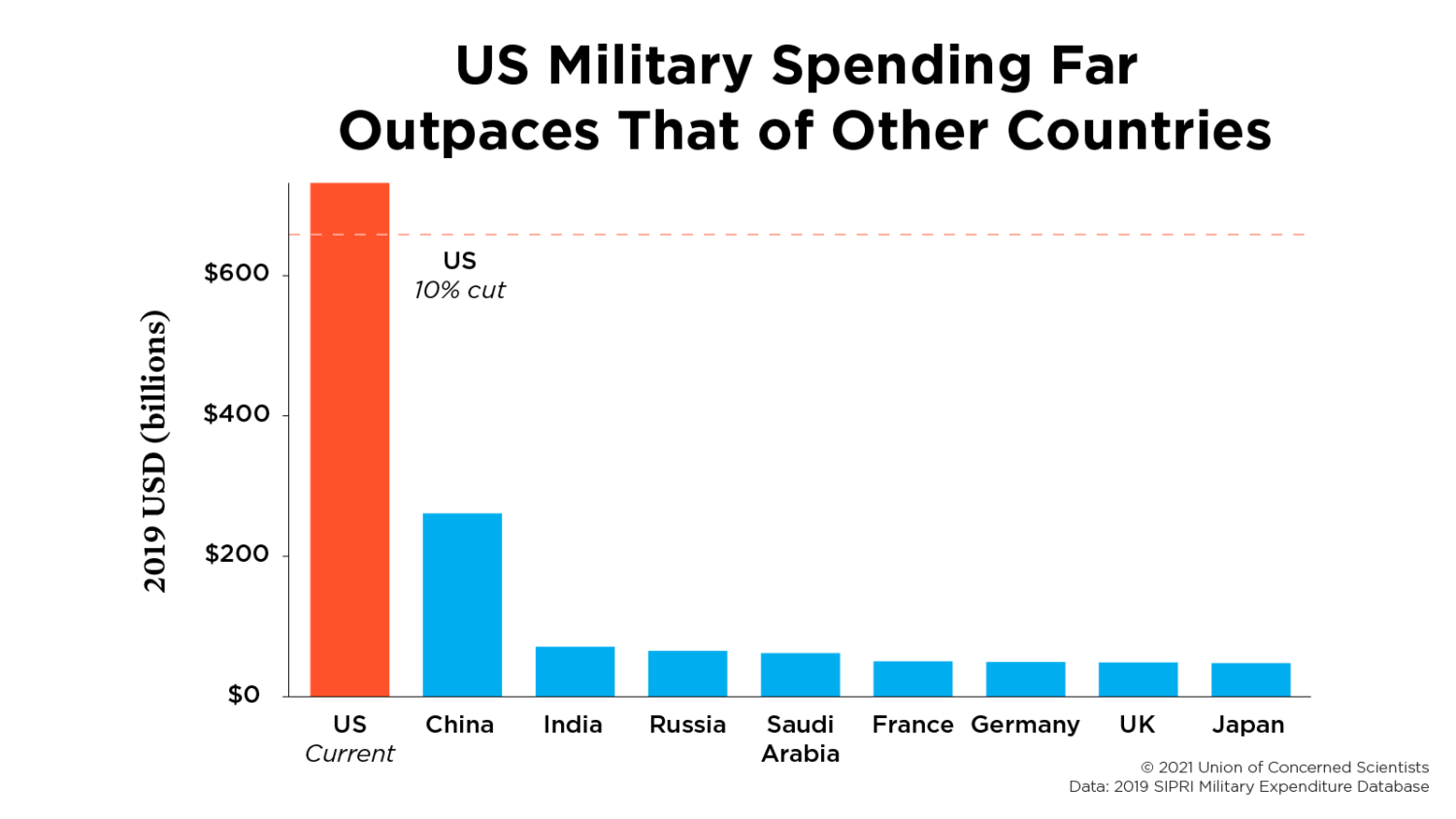In 1990, Congress passed a law directing all federal agencies to produce regular, audited financial statements. More than thirty years later, the Department of Defense is the only agency that has never passed a single audit. Now the Pentagon has announced that it has failed its fifth attempt.
A financial audit is an independent examination of an organization’s financial records. For a federal agency, this means tracking how the agency spends money, what assets it has, and where those assets are. An audit allows Congress and the public to hold federal agencies accountable for how they spend tax dollars. But there is no penalty for failing, either to perform an annual audit or to pass one.
Since the 1990 Congressional mandate, the Department of Defense has undertaken and failed five audits. (In fact, they didn’t even try until 2017.) The latest audit process concluded at the end of 2022. It produced another failed result – “the same as last year and… not unexpected,” according to Michael J. McCord, the department’s comptroller. Only seven of the 27 entities that make up the Department of Defense received a clean bill of financial health, representing 39% of the department’s $7 trillion in assets.
The audit process itself has failed
It should concern lawmakers and the public that the Department of Defense has failed to pass an audit for the fifth time. Even more discouraging, though, is how little progress each audit represents. The outcome of the fifth audit is little different than the outcome of the fourth. Even the Pentagon admits that this result is “basically the same picture as last year.”
Auditing the Department of Defense is an enormous undertaking, requiring 1,600 auditors. This army of accountants is expensive. In 2019, the Pentagon audit process itself cost $428 million to conduct and another $472 million to fix problems the audit uncovered.
As audit costs approach a billion dollars a year with no meaningful change, the conclusion is obvious: audits are not enough to bring the Pentagon’s bookkeeping back into order. Much more than incremental improvement is needed to create the transparency and accountability taxpayers deserve. But for now, the Department of Defense seems intent to keep trying the same thing and hope for different results.
Defense spending spirals out of control
The Department of Defense’s problems with financial responsibility begin at the source: Congress. This week, the House of Representatives overwhelmingly passed legislation that included a record-breaking $858 billion budget for the Department of Defense. To put that number into perspective, today’s bloated defense budget is higher than it was at any point during the Cold War, even accounting for inflation.
Bipartisan efforts to restrain the ballooning defense budget have universally failed. Unfortunately, many members of Congress benefit from the mess. Private defense contractors, who receive over half of all defense spending, contribute generously to Congressional campaigns. Even dedicated waste hawks are unwilling to condition the Pentagon’s funding on fiscal discipline, fearing that they will be labelled as ‘weak on defense.’
What weakens our defense is waste, fraud, and redundancy. But instead of demanding responsible financial management, Congress gives the Department of Defense more money year after year.
The solution is to cut the defense budget
During the Obama administration, former Defense Secretary Robert Gates said, “If the Department of Defense can’t figure out a way to defend the United States on half a trillion dollars a year, then our problems are much bigger than anything that can be cured by buying a few more ships and planes.”
Our problems have indeed gotten much bigger. Unless Congress acts quickly to limit defense spending, the defense budget will soon surpass a trillion dollars a year.
A bipartisan group of eight senators have endorsed the Audit the Pentagon Act. This legislation would require any entity within the Department of Defense that fails an audit to surrender 1% of its budget a year. This would provide a much greater incentive to get financial books in order. And this isn’t just a matter of clean accounting; it’s a matter of security. Ensuring that defense dollars are spent effectively and appropriately will improve performance while reducing spending.
But to get record-breaking defense spending under control, even bigger cuts will be necessary. Last year, 50 members of Congress wrote a letter to President Biden calling for a cut to the Pentagon budget. The United States could sustain a 10 percent cut to the defense budget and still spend more money on defense than the next eight countries combined – half of which are close US allies. A reduction in defense spending doesn’t require a reduction in defense: it simply requires an increase in prioritization and discipline from the Pentagon.

The federal budget is an expression – perhaps the most concrete and measurable expression – of the values and priorities of the United States. With so many urgent challenges facing the country and the world, we cannot afford to waste a single dollar. It is time for Congress to insist on the bare minimum from the Department of Defense: accountability.

